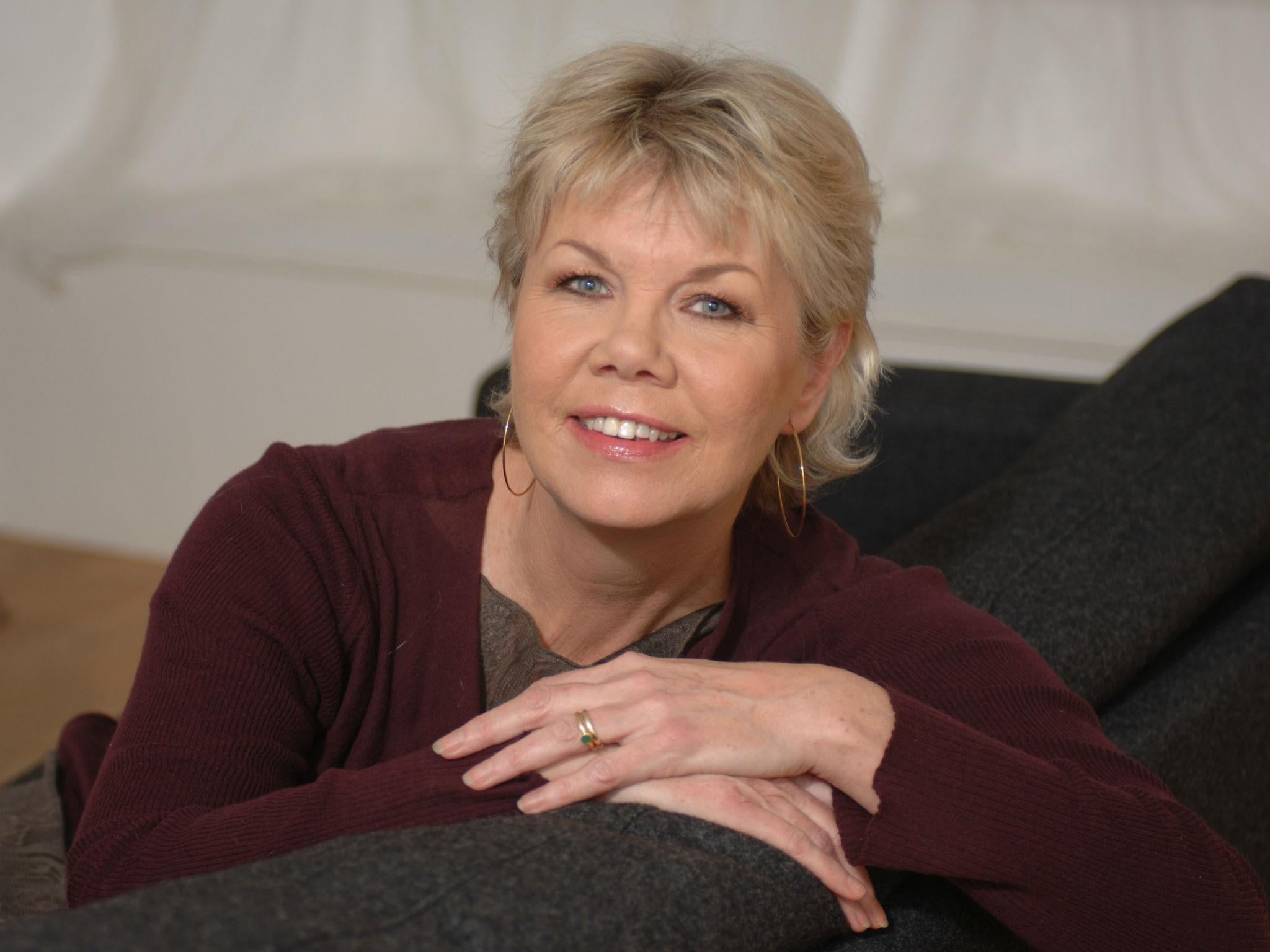Daily Mail columnist Sally Brampton killed herself after heath services 'missed opportunities to save her'
The writer had long grappled with depression and penned a book on her experiences

Your support helps us to tell the story
From reproductive rights to climate change to Big Tech, The Independent is on the ground when the story is developing. Whether it's investigating the financials of Elon Musk's pro-Trump PAC or producing our latest documentary, 'The A Word', which shines a light on the American women fighting for reproductive rights, we know how important it is to parse out the facts from the messaging.
At such a critical moment in US history, we need reporters on the ground. Your donation allows us to keep sending journalists to speak to both sides of the story.
The Independent is trusted by Americans across the entire political spectrum. And unlike many other quality news outlets, we choose not to lock Americans out of our reporting and analysis with paywalls. We believe quality journalism should be available to everyone, paid for by those who can afford it.
Your support makes all the difference.Daily Mail advice columnist Sally Brampton took her own life after health professionals "missed opportunities" to help her, an inquest has heard.
The journalist, who had spoken out publicly about her long-running battle with depression, drowned on 10 May after apparently walking into the sea near her home in St Leonards-on-Sea, East Sussex.
Brampton, 60, wrote a memoir about depression titled Shoot The Damn Dog and was the launch editor of British Elle magazine at the age of just 30, as well as having written an advice column for The Daily Mail.
At Brampton's inquest, Hastings Coroner's Court heard the writer was "in crisis" in March 2016 and had been in contact with a private psychiatrist and a GP, and had been referred to local mental health services for help.
"That help did not come," assistant coroner James Healy-Pratt said, adding that she re-contacted a GP in April.
"She had not been contacted by the mental health services as agreed," the coroner told the court.
A referral was made again and it was agreed she was "out of crisis" at this stage - but her recent full clinical details, including a concerned letter from her private psychiatrist, was not provided to the relevant services.
The letter, dated March 19, was sent to the GP and stated Brampton was "in crisis" and having "strong suicidal thoughts".
The psychiatrist said Brampton was having feelings of "hopelessness and helplessness", adding that she had spent most of the last week in bed and had hardly left the house.
The letter said Brampton had "disengaged" from local services and had "painted a very jaundiced view of them".
Mr Healy-Pratt said: "I certainly find that there was a missed opportunity to assist Sally in March 2016."
He added that a second missed opportunity came when more information should have been provided about Brampton's condition in the re-referral.
"However we don't know that those missed opportunities would have changed Sally's outcome and that is an important factor," the coroner said.
He added that he was satisfied beyond reasonable doubt that Brampton wanted to walk into the sea.
The inquest heard from Ms Brampton's friend Emma Ridout who said of the writer: "She didn't have any confidence in the NHS helping her."
The coroner described Brampton as a "bright star" and began his conclusion with the writer's words: "We don't kill ourselves. We are simply defeated by the long, hard struggle to stay alive."
Christine Henham, a general manager at Hastings and Rother mental health services, said lessons had been learned and changes have been made since Ms Brampton's death.
She said they no longer send or receive faxes after the GP said he faxed the psychiatrist's letter to them and it had not been received.
Ms Henham added that staff are now encouraged to exercise more "curiosity" in order to gather more information about patients.
Samaritans can be contacted on 166 123.
Press Association
Join our commenting forum
Join thought-provoking conversations, follow other Independent readers and see their replies
Comments